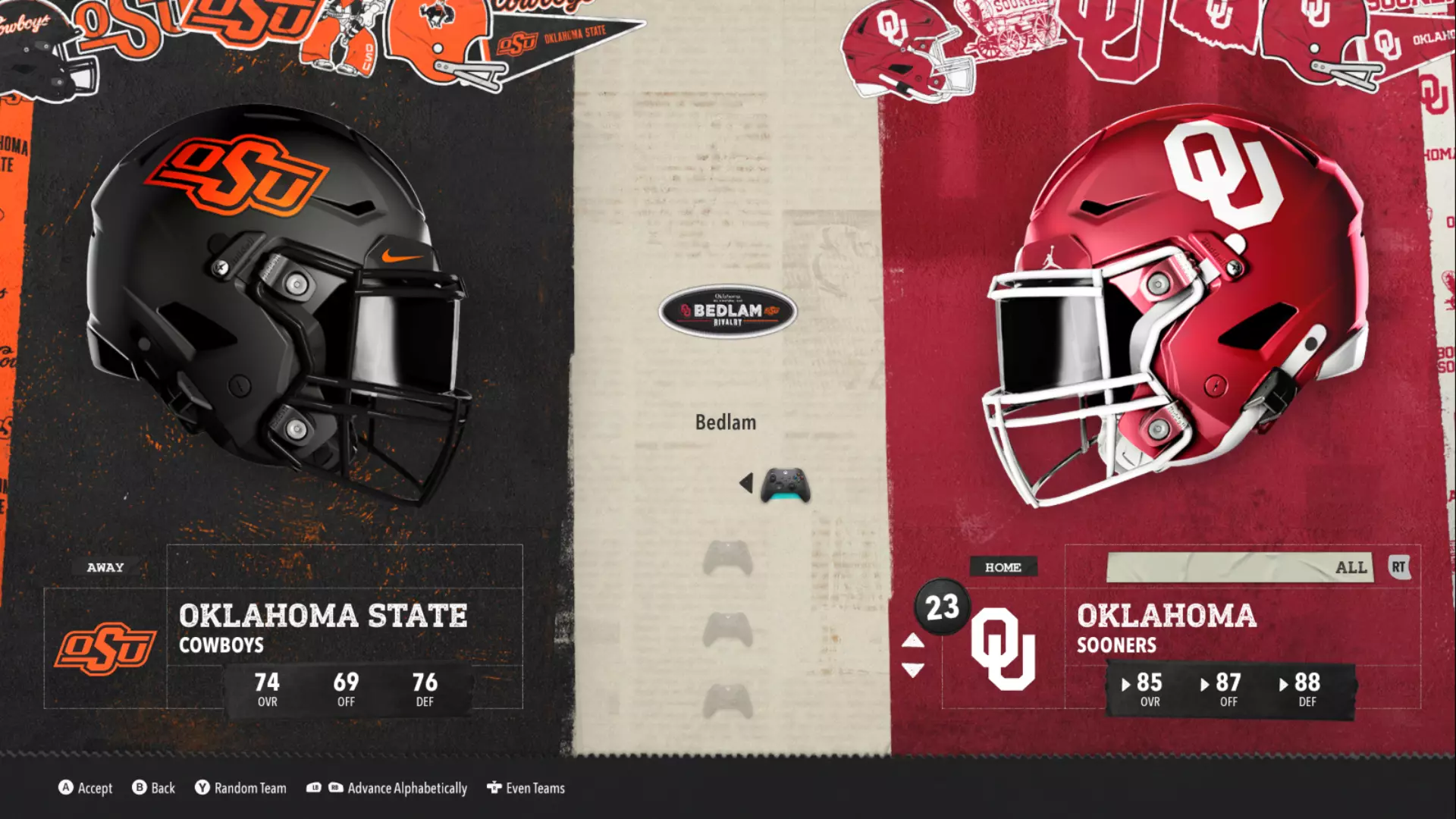Over time, you'll also learn each prospect's three core motivations. Some of CUT 26 Coins these will be deal breakers. If a player values something your program is weak in, such as Championship Contender status, and you only carry a C grade in that area, it may be best to move on before wasting hours recruiting them.
Spending Recruiting Hours
Once the season begins, you'll need to invest recruiting hours each week to court prospects. Players gradually narrow their choices from an open list to a Top 8, then Top 5, Top 3, and eventually, a final commitment. Your job is to stay above the cutoff each week so you remain in contention.
The number of hours you receive depends on your team's prestige. A five-star powerhouse program begins with 1,000 hours per week, while a low-tier one-star school gets only 350. You can spend up to 50 hours on a single player, unless you have the special "Always Be Crootin'" ability, which allows up to 70 hours for select positions.
Here's what you can do with those hours:
Scout: 10 hours (three to five sessions usually reveal all ratings)
Offer Scholarship: 5 hours
Search Social Media: 5 hours
Direct Message the Player: 10 hours
Contact Friends and Family: 25 hours
Send The House (all-out pitch): 50 hours
Soft Sell (Top 5 only): 20 hours
Hard Sell (Top 5 only): 40 hours
Sway (Top 5 only): 30 hours
Schedule Visit: 40 hours
Effective hour management is crucial. Save big investments like Hard Sell or scheduling visits for prospects who already have your school in their top five, and spread out scouting time early in the season to uncover hidden gems.
School Grades and Why They Matter
Every school is graded across 14 categories, which serve as the foundation of your recruiting pitch. These grades either align with or conflict with a recruit's motivations. Green indicates a match, while red indicates a weakness. Strong grades in the right areas dramatically increase your chances of landing top talent.
The 14 categories are:
Academic Prestige (unchangeable)
Athletic Facilities
Brand Exposure
Campus Lifestyle (unchangeable)
Championship Contender
Coach Prestige
Coach Stability
Conference Prestige
Playing Style
Playing Time
Pro Potential
Program Tradition
Proximity to Home
Stadium Atmosphere
Most of these grades can improve-or decline-based on cheap College Football 26 Coins your performance, giving real weight to wins, losses, and long-term success. For example, recruiting elite talent becomes easier if your school has a strong NFL pipeline (Pro Potential) or consistent championship contention.

